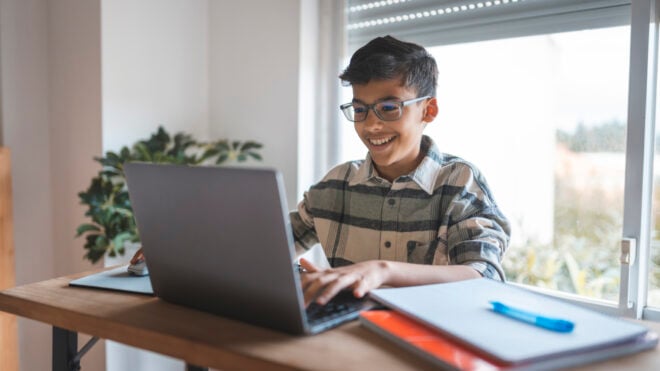
Last week, my office mate told me that she had grounded her daughter that weekend. I asked what happened. “Well, she’s been telling me that she’s looking up videos on softball pitching techniques. She asks for her iPad, and sits in the living room with her headphones on and says she’s watching pitching videos. Well, I was looking at her screentime report and I saw that she’d been watching about five minutes of pitching videos on YouTube, then getting on TikTok! She wasn’t even supposed to have an account. So she’s lost her privileges.”
She went on to tell me that she consistently monitors all of her daughter’s chats on her iPhone and all of the apps on her iPad and has lots of conversations about things her friends send in order to reinforce their values and teach her internet safety.
We finished our conversation and I took a quick bathroom break
Of course, I was flipping through my phone while I went. I noticed immediately that a bunch of nightgowns and lingerie I was looking at on a shopping website somehow kept popping up over and over again in my Pinterest feed when I was looking at crafting and cooking pins. Huh… I thought, I wonder how Pinterest knows I was shopping for sexy sleepwear? Awkward…
As an old millennial, it still throws me off when I see things I searched for on Amazon suddenly appearing in ads in other places. It gives me the creepy feeling of being constantly watched, which, in a sense, is completely true. It’s not paranoia if everyone (or an advertising algorithm) is actually watching your every move online.
So, how are these two incidents related? My friend’s daughter and I both had our privacy violated, even though we each consented to it. The child knew that her mom was going to be checking up on her, but took a calculated risk and lied about what she was doing with her iPad. On some level, I’m aware that anything I search for online is going to be picked up on by advertisers mining my browsing data in order to curate an entire shopping reality specifically catered to me.
Neither of us, at this point, has an expectation of privacy
The thing is, I know from experience what online privacy or privacy in general can be, and I don’t think my friend’s daughter — or mine for that matter — will ever have that luxury. She’ll never know what she’s missing. Yet, objectively, the online monitoring my friend is doing seems like really good parenting. Her daughter should have consequences for lying and using apps that she wasn’t supposed to, and they should be having frequent conversations about expectations and online safety. So I should be using these methods when my daughter gets older, right?
The thing is, I really don’t know
We live in a completely different world from when I grew up — an age of security cameras you can control from your phone, tracking options built in to your child’s devices, search history, and constant data mining. Our kids will never know anything different. So, as a parent, is it good for my child if I take part in this entire world of nonstop observation, or am I making morally questionable choices?
Choices — I think that’s what this all comes down to.
If we don’t raise our kids to ever feel as if they’re not being watched, how will they know how to make choices that reflect their values? I’m sure your middle school had a poster somewhere that said, “Character is what you do when nobody is watching.” How are kids supposed to develop character if they never have a chance to make poor decisions or navigate their concepts of right vs. wrong? Isn’t this constant surveillance just another form of helicopter parenting? Yet, no one wants their kid talking to strangers online.
The thing is, I don’t think there's a good answer to this question
What I do know is that kids do need privacy in their lives. Some level is everyone’s natural right, and it helps to build trust between child and parent.
Boundaries are important, and so is balance. There has to be a way to keep the lines of communication between you and your child open while still trusting them to keep some parts of their lives private. This allows them to become mature and independent and use their parents as role models. Just because our online — and sometimes IRL — lives are constantly monitored and our privacy seems nonexistent, that’s no reason to treat our children as if we’re Big Brother watching over their shoulder all the time.




